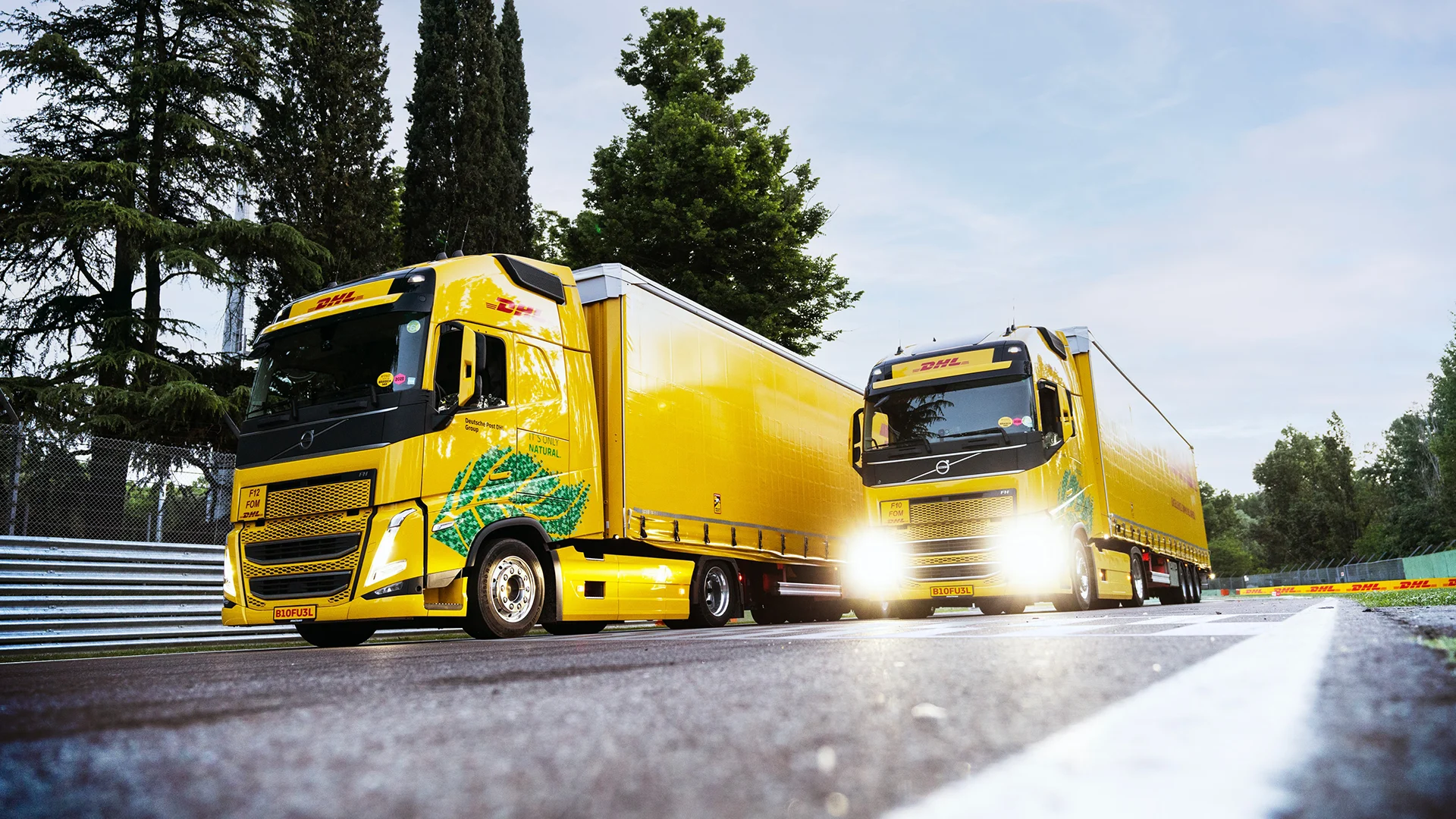Formula 1 and Official Logistics Partner DHL have announced that the European stint of the 2023 season is being delivered with biofueled trucks, resulting in a carbon emissions reduction of at least 60% over standard fuels, with the potential for even more savings.
DHL’s first biofuel truck fleet is made up of 18 new trucks – running on HVO100 drop-in fuel (hydrotreated vegetable oil) – which will travel around 10,600 kilometres across the campaign’s European races.
The new trucks, which are equipped with GPS to monitor fuel consumption and optimise more efficient routes, will reduce carbon emissions while maintaining the same level of performance in terms of load capacity and travel distance as their diesel counterparts, as well as providing a safer and more sustainable process of sourcing.
Formula 1 and DHL’s biofueled truck collaboration marks the latest innovation by the sport to introduce more sustainable logistical solutions as part of its efforts to reach Net Zero by 2030.
It follows a series of initiatives including the switch to an increased remote broadcast operation, testing multimodal transport opportunities such as overland and ocean freight, and redesigning freight containers to fit on to the more efficient Boeing 777 aircrafts, reducing carbon emissions by 18% compared to the traditional 747 aircraft.
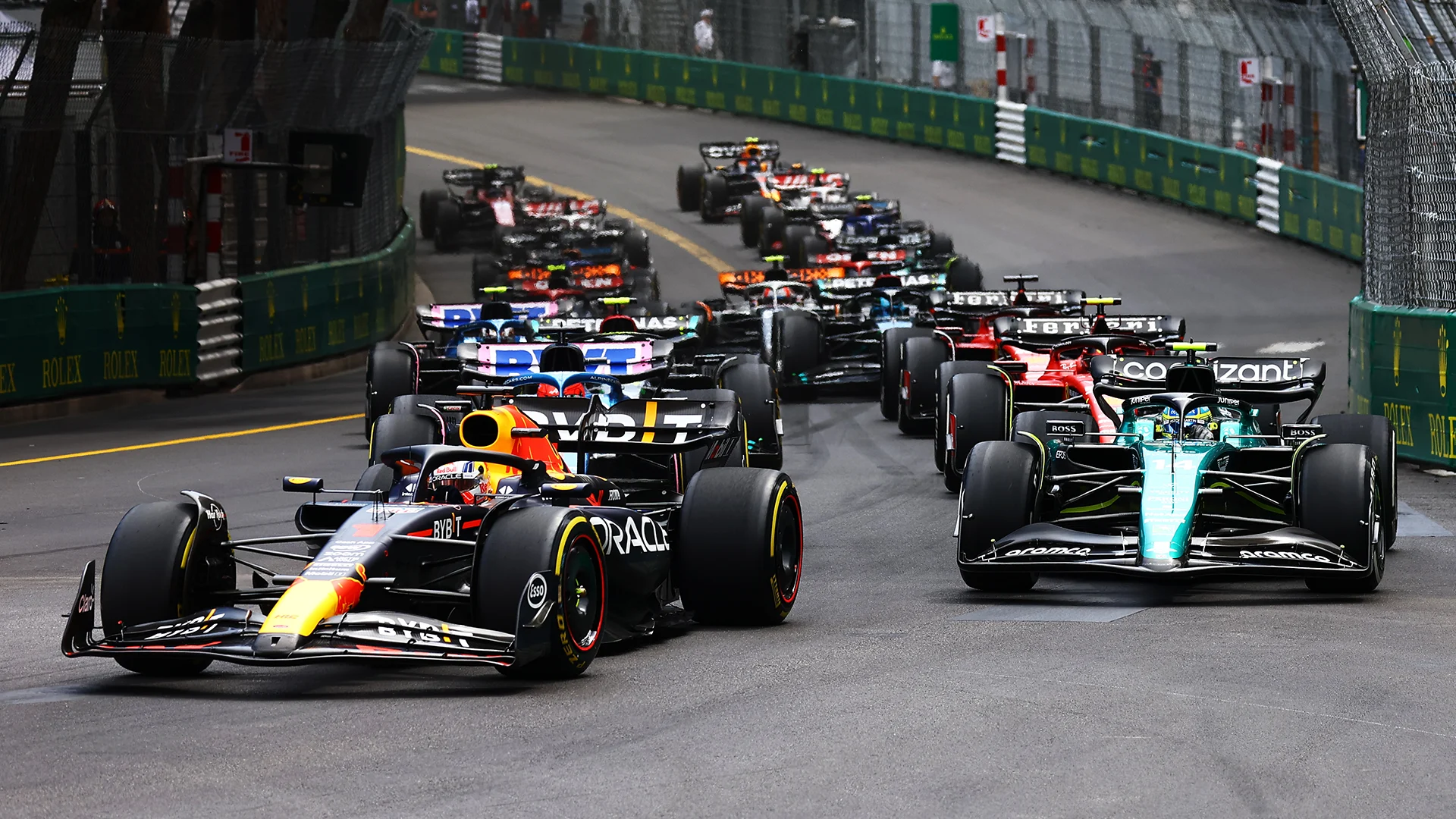
The move also comes as F1 continues to make steps towards the introduction of an advanced sustainable fuel in 2026, alongside the next-generation hybrid engine, which could bring significant benefits to the wider automotive and transport industry with drop-in capabilities.
“We are a sport which operates on a global scale and DHL play a critical role in delivering the races and helping us address the logistical impact we have as a World Championship,” said Ellen Jones, Head of ESG at Formula 1.
“Together we are continually looking for more sustainable solutions, and through innovations such as the biofueled trucks we’re able to take the next step forward in reducing our carbon emissions and achieving our sustainability goal of being Net Zero by 2030.
“It is wonderful to see partners like DHL share the same drive and commitment to creating a more sustainable Formula 1.”
Arjan Sissing, Head of Global Brand Marketing at Deutsche Post DHL Group, commented: “Our partnership with Formula 1 also showcases our shared dedication to sustainability and reducing our carbon footprint.
“We consistently strive to make logistics more sustainable, and we are excited to introduce the inaugural fleet of trucks, running on a sustainable fuel this year.
“As an industry leader in green logistics, the 18 trucks further contribute to a lower emission DHL fleet, where we show to our fans and customers that it is possible to bring the excitement of Formula 1 races around the world in a sustainable way.”
Net Zero Carbon: How Formula 1 is going to meet this ambitious target by 2030
Paul Fowler, Head of DHL Motorsport Logistics, added: “Each truck can therefore transport up to 40 tons and travel up to 3,500 kilometres per 1,000 litre tank.
“For the European F1 leg the trucks run entirely on HVO100, which is a second-generation biofuel, meeting the standard EN15940 for paraffin fuels, as well as a drop-in fuel.”
Next Up
Related Articles
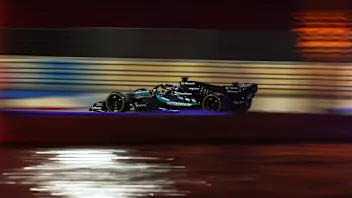 BettingWhat F1 betting fans learnt after second Bahrain test
BettingWhat F1 betting fans learnt after second Bahrain test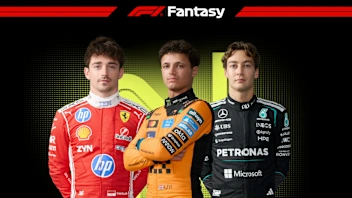 F1 Fantasy is back for 2026
F1 Fantasy is back for 2026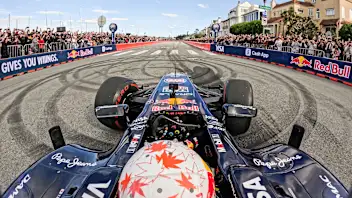 See Tsunoda back in a Red Bull at special San Francisco demo
See Tsunoda back in a Red Bull at special San Francisco demo Who are the reserve drivers for each F1 team in 2026?
Who are the reserve drivers for each F1 team in 2026? Alpine performance is ‘tricky to tell’ – Colapinto
Alpine performance is ‘tricky to tell’ – Colapinto/Winners%20&%20Losers%20DISPLAY%20template%20(1).webp) Winners & Losers5 Winners and 3 Losers from the second Bahrain test
Winners & Losers5 Winners and 3 Losers from the second Bahrain test
